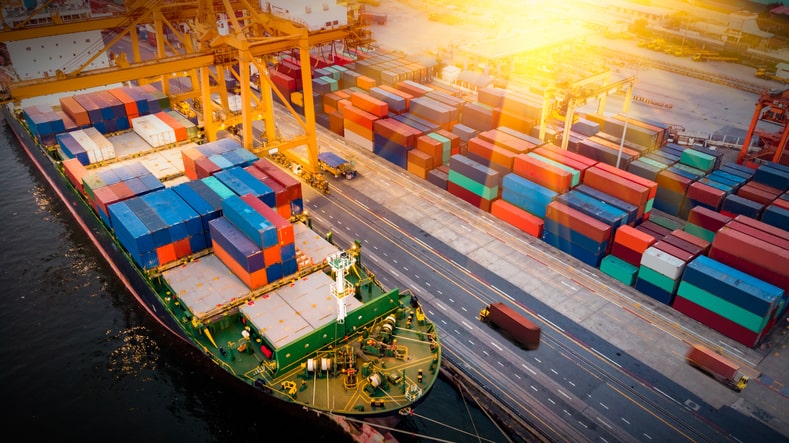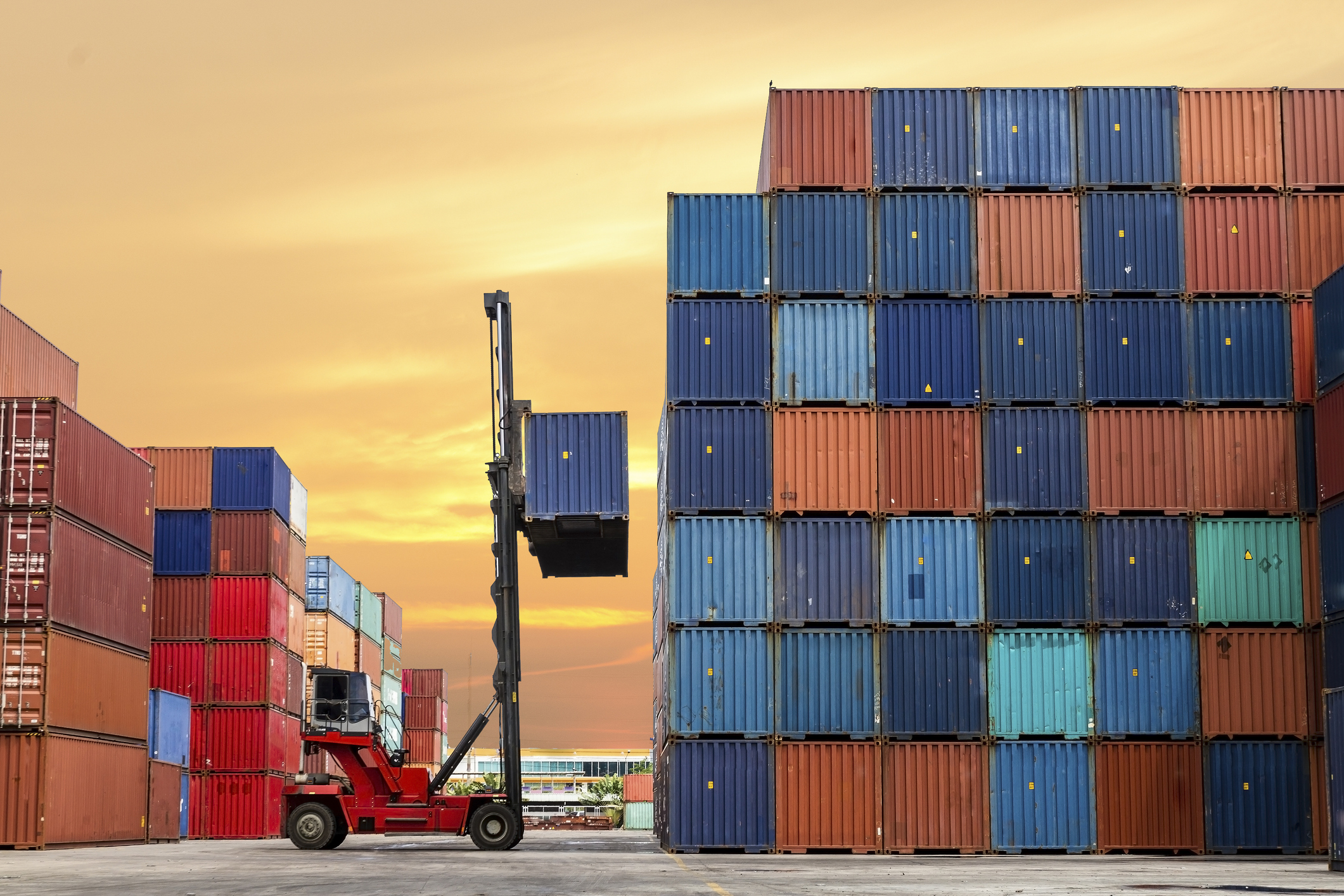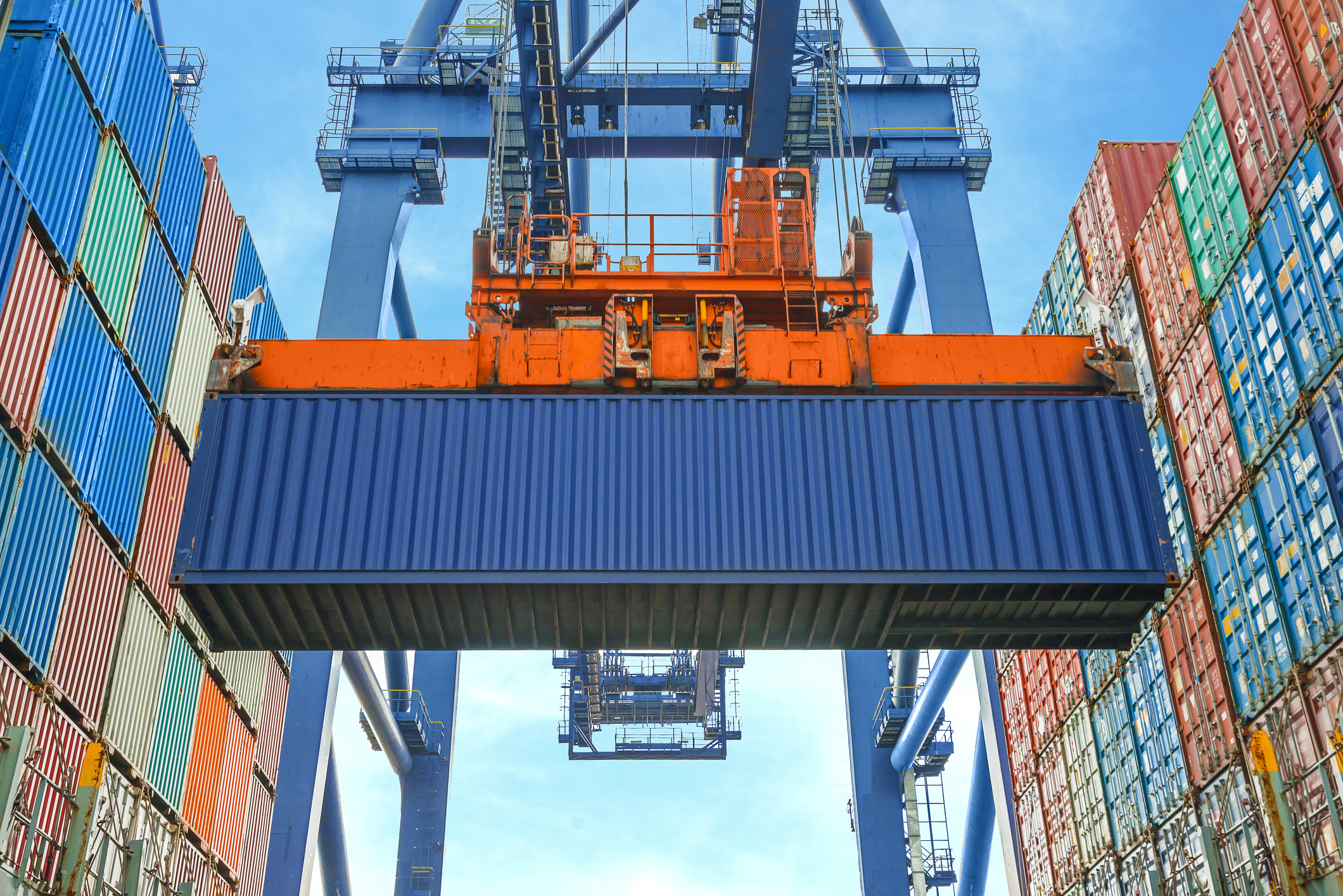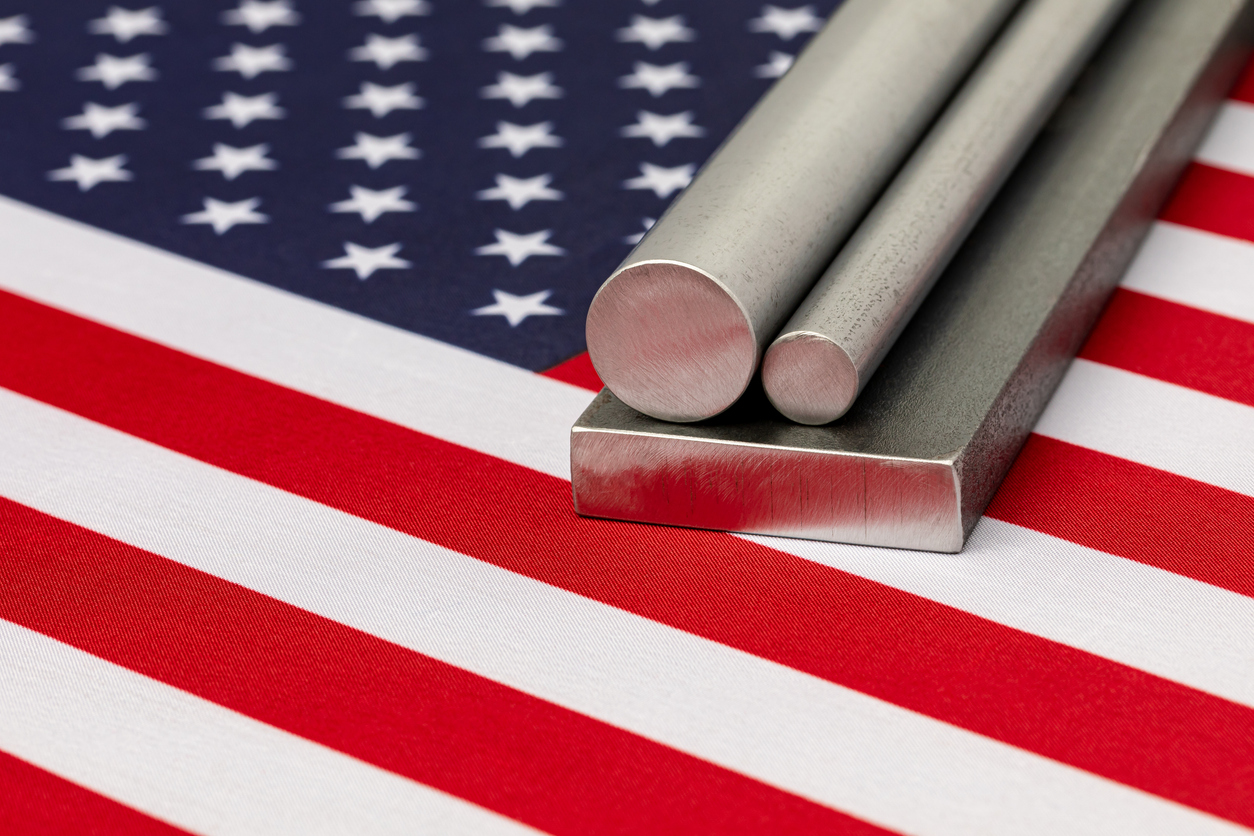High Life LLC allegedly reported phony “first sale” prices on import declarations filed with CBP.
New York apparel wholesaler High Life LLC has paid the U.S. government $1.3 million to resolve allegations it violated the False Claims Act by underdeclaring the value of its imports.
According to the U.S. Department of Justice, High Life knowingly reported fictitious “first sale” prices on customs entry documents filed with U.S. Customs and Border Protection, thereby fraudulently reducing the company’s import duties.
First-sale Customs Valuation
The dutiable value of an import—known as the transaction value—is typically the price paid by the buyer, which is generally reflected on the vendor’s invoice.
However, if the vendor is a middleman that purchased the merchandise from a manufacturer, customs laws allow the importer more leeway.
Specifically, the importer can declare the “first sale” price—that is, the amount the middleman paid the manufacturer—as the dutiable value instead. This can substantially reduce an importer’s duty and tariff obligations, as prices charged by middlemen typically include markups.
Nevertheless, under CBP regulations, importers can only use first-sale prices if certain conditions are met. The manufacturer-middleman transaction must have been bona fide, arm’s length, and free of non-market influences.
High Life’s Phony First-sale Prices
High Life sourced apparel from vendors located in China, Hong Kong, and Taiwan. Those vendors were middlemen who purchased the goods from manufacturers located throughout East Asia, including Vietnam, China, and Cambodia, before reselling them to High Life.
According to the Justice Department, High Life pressured the vendors to report phony manufacturers’ first-sale prices. Specifically, the company allegedly demanded that the vendors provide it with bogus manufacturers’ invoices containing artificially low prices which High Life “dictated” rather than the actual prices the vendors paid, which were higher.
However, because they were set by the importer, the prices were not bona fide, arm’s length, or free from non-market influence, the Justice Department alleged.
Despite this, High Life allegedly falsely declared those values as supposed legitimate first-sale prices on its customs entry documents. As a result, CBP allegedly failed to collect hundreds of thousands of dollars in import duties that High Life owed.
Transition from LDP to FOB Shipping Terms
Notably, the company allegedly perpetrated the fraud as it transitioned its business model from the use of Landed-Duty-Paid or LDP shipping terms to Free-on-Board or FOB terms.
High Life’s vendors functioned as the importers of record—and so were responsible for the filing of accurate customs entry documents and the payment of appropriate duties to CBP—under the LDP model. High Life paid them purchase prices inclusive of duties.
With the change to FOB terms, however, High Life became the party responsible for customs filings, payments, and compliance, and the parties negotiated new pricing structures.
Nevertheless, when the transition occurred, dozens of pre-existing High Life orders were still in the process of being manufactured or shipped, according to the Justice Department’s False Claims Act complaint.
In addition, High Life had allegedly already entered contracts to sell the apparel to its customers—including “Big Box” retailers—for prices that it had negotiated based on its prior, LDP-based pricing structure.
The company realized it would be unable to meet its originally projected profit margins with respect to the pre-existing orders if it used accurate first-sale prices, the Justice Department alleged. It therefore allegedly devised and engaged in the scheme.
Customs Fraud and the False Claims Act
Knowingly misdeclaring the value of imports is a violation of the False Claims Act, which is the U.S. government’s most powerful civil litigation tool for combating fraud. It imposes substantial liability on parties who knowingly underpay or overcharge the federal government or its agencies.
The False Claims Act’s qui tam provisions authorize private parties known as whistleblowers or relators to sue violators on the government’s behalf. Whistleblowers are entitled to 15-30% of the proceeds of the lawsuit as a reward.
Notably, False Claims Act whistleblowers need not be residents of the United States or even American citizens.
After corporate and individual taxes, import duties and tariffs are the federal government’s largest source of revenue. Fighting customs fraud is a top priority of the Justice Department, which has recognized that it robs the American taxpayer and is unfair to law-abiding importers who rely on a level playing field.
Customs fraud generally involves either the knowing undervaluation of imports, as in the High Life case, the misclassification of imports under the Harmonized Tariff Schedule (HTS), or the misdeclaration of the country of origin. Country-of-origin fraud typically involves the transshipment of goods through third countries before they are entered into the United States. It is thought to be prevalent as a tactic to circumvent steep Section 301 tariffs on Chinese goods.
Customs fraud whistleblowers are often existing or former employees of companies that import products. They generally work in sourcing, logistics, procurement, or finance.
Speak to a Customs Fraud Whistleblower Attorney
If you know of parties engaged in import duty evasion, it is important to speak with an experienced whistleblower attorney to learn about your rights as a potential False Claims Act whistleblower. Call customs fraud whistleblower attorney Mark A. Strauss for a free consultation. All communications are protected by the attorney-client privilege and confidential.
To recover a False Claims Act whistleblower award, you must file a qui tam lawsuit. Simply reporting wrongdoing to an agency or tip line is not sufficient.




